With at least 4,000 users identified mainly between the cities of Tangier, Nador, Tetouan and Al-Hoceïma, heroin is not an epiphenomenon in the northern region of Morocco, but rather a latent societal problem. After years of documentation and meetings with local associations and victims of this hard drug, filmmaker Ayoub Layoussifi and anthropologist Khalid Mouna co-directed the documentary “Mono”, which highlights this still little visible issue. For this world premiere film, scheduled for Friday May 10 in Casablanca, the two authors set up their cameras in the squats in Tangier, an urban space where heroin has been wreaking havoc since the 1980s.
Working on the production, consumption and marketing of cannabis, anthropologist at the Moulay Ismaïl University of Meknes, Khalid Mouna was in fact challenged by the use of heroin from his youth, in the northern region where he comes from. . Actor and director born in Casablanca and living in France, Ayoub Layoussifi has been “aware since childhood” of the dangers of drugs, thanks to his sister, a psychiatrist and addictologist.
“I have always been curious about my surroundings. I studied cinema as a director and actor, but documentaries have always attracted and intrigued me, because we film the reality of what is happening around us. We have the right, but also the obligation to talk about it,” declares the Franco-Moroccan filmmaker, during the program Bring in the special guest Moroccans of the world, on Radio 2M in partnership with Yabiladi.
A dark documentary without victim discourse
From this friendship between Khalid Mouna and Ayoub Layoussifi since their years of study at the University of Paris 8, artistic affinities and common interests in the country’s societal issues are born. “It all started with research work, which subsequently became the idea for a documentary,” says the anthropologist, also a guest on the show. In this process, the filmmaker puts his artistic know-how at the service of an anthropological approach. The idea is thus to balance between the treatment of a dark subject, the concern to show the complexity of experiences, with the imperative of maintaining a cinematographic framework.
“Documentary in anthropology is not something new. We want to provide a double perspective allowing an artist to put themselves in the shoes of the researcher and give the latter a cinematic look at a subject of investigation. It’s an exercise in role reversal, to tackle a subject linked to Tangier, an emerging city.”
Khalid Mouna
Indeed, the choice of filming location reflects the co-directors’ concern to show that the phenomenon of hard drugs is not limited to the main roads. “The whole role of this film is precisely to open the debate, through image and sound as advocacy tools for these populations, beyond the question of drug consumption,” adds the university.
In this sense, Ayoub Layoussifi indicates that “the desire to work together has always been there”. “I have a personal relationship with psychiatry and addiction. My sister, a practitioner, always spoke to me about the ravages of drugs (…) When Khalid Mouna asked me to collaborate with him on the subject, it was obvious to me. This scourge today affects our young and old, from all social strata, including women and minors,” adds the artist.
“It was important for me to highlight this subject and talk about these people, who are on the margins of life, of society, who are excluded; because drugs exclude. The idea of a documentary on it intrigued me and I naturally went for it. Khalid and I complemented each other, reversing our roles.”
Ayoub Layoussifi
In this process, the filmmaker becomes a researcher, in a certain way. In addition to the documentation provided by the academic, he observes his environment, by contacting psychologists and psychiatrists, or even associations. “Being in France, I draw a parallel with what is also done in addiction centers here. We share each other’s know-how to film in a cinematic way,” explains Ayoub Layoussifi. On the ground in Tangier, they were accompanied by Noureddine Lyasfi, from the Hasnouna Association for Support of Drug Users (AHSUD).
Personal stories in image and sound
Each personal and individual story of a user is unique, but all converge on a path of descent into hell, because the drug spiral pulls towards social and economic degradation, then leading to marginalization. The real situation of heroin users is even more pressing, given the evolution of clandestine supply circuits.
“From the 1980s to today, heroin routes have narrowed. Therefore, [la marchandise] transported from the south, the enclaves or the port, mainly from Turkey, is industrial and of very poor quality. This means that users find themselves consuming much more, the equivalent of 300 to 500 DH per day.”
Khalid Mouna
This cost generates several related socio-economic phenomena, notwithstanding the status of the consumer. The film also shows this through the diversity of the profiles of those who testified. At the same time, the idea is to “break this cliché which associates drugs with crime or poverty; It is more the life course which defines when one or the other begins to consume a given type of drug,” the researcher further underlines.
Ayoub Layoussifi explains that he was challenged by another point common to the testimonies collected. Many indicate that the first dose of heroin was taken to “try”. “This addiction is almost immediate, which is very different from other drugs. This is why the user finds himself in a vicious spiral where he does not at all expect this very rapid addiction… Little by little, it is the heroin that governs his daily life and he cannot wake up. in the morning without starting with a take,” says the filmmaker.
“Drugs isolate you from society, family, friends; the person fades away from those around them. And the more we isolate ourselves, the deeper we sink into an abyss. The money goes into drugs and when you don’t have any, addiction can create behaviors that can sometimes turn towards criminality.
Ayoub Layoussifi
Produced by Najib and Abdelkrim Derkaoui, in co-production with Soread 2M, “Mono” also highlights questions of “right to health, dignity, care, work and integration demanded by users” , which extracts the latter from the simplistic view that is often given to them. Next June, the film will be shown in several cities in Morocco, with the support of the French Institute.







